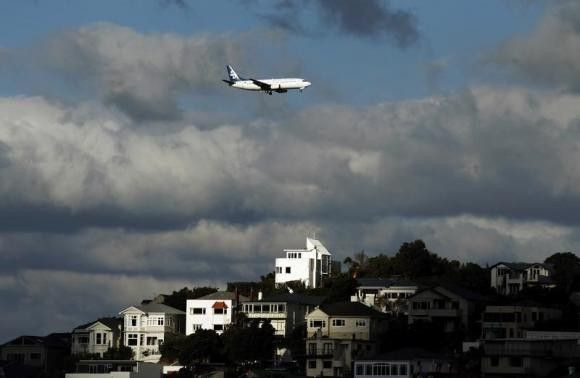New Zealand Beaches At Risk For Poor Water Quality; Swimmers Advised to Obey Caution Signs

New Zealand's world-class beaches are under review for being labelled as "high risk" based on water quality. More than 40 beaches in the country are hit with Caution signs as a warning to beach goers.
A review of New Zealand's beaches was recently published on the website of Land, Air, Water Aptearoa with 49 out 350 beaches flagged for being at risk for water that might cause infection or disease. Authorities rated 11 beaches in Auckland out of 63 as the worst in terms of water quality. Poor water quality was blamed on overflows of sewage from wastewater and pollution from the stormwater system. The Auckland Council has warned beachgoers to obey warning signs and stay away from high risk areas like stream mouths.
The report said that 64 percent of New Zealand's beaches were given a rating ranging from low or very low risk of bacteria infection while the rest had acceptable water quality. Stuff.co reported that the LAWA website also offers a seasonal guide to the water quality in the country's beaches based on a three-year review and weekly testing. The website also offers information about the water quality of 1,100 rivers in the country.
The poorly rated beaches in New Zealand include Makokori, near Gisborne, which has become a tourist attraction for its significant surf break and Coopers Beach, one of the well-known beaches in Northland's Doubtless Bay. Authorities have placed three-year caution ratings on both beaches but the updated checks reveal acceptable water quality earlier in the month.
Dr Jarrod Walker, a senior marine scientist at the Auckland Council, said beaches have become a significant part of New Zealanders' lives but people need to know that they can swim without getting sick. He explained that periodically checking bacteria levels at beaches over time, LAWA can evaluate how bacteria in beaches affect swimmers and their potential threat to public health. Walker advised New Zealanders not to swim in beaches for 48 hours after heavy rain even at beaches flagged as low risk.





















